Why We Struggle to Say No: Uncovering the Reasons. Part 1
Have you ever found yourself hesitating to say "no"? It's a small word, yet it holds immense power over us. We fear its consequences and worry about offending others. We downplay our intentions and offer excuses and apologies when we do manage to utter it. But why does this simple word carry such weight, and why are we so hesitant to use it?
In this blog post, we will explore the most common reasons behind our struggle to say no. You'll likely recognize some of these reasons in your own life, as I have personally experienced many of them. By understanding these underlying factors, we can begin to free ourselves from the belief that saying no is rude, cold-hearted, or selfish.
Fear of Offending People
One prevalent reason we hesitate to say no is the fear of offending people. We've all encountered situations where we decline a request and witness the immediate hurt or indignation on the other person's face. It's natural to feel guilty in those moments, as if we've done something wrong. However, it's essential to realize that this offense stems from the insecurities of the requestor, who internalizes our "no" as a personal rejection. Understanding this can liberate us from the burden of responsibility for the offense taken when we say no.
Fear of Disappointing People
Another reason we struggle to say no is the desire to avoid disappointing people. We hate the thought of letting others down and seeing a look of sadness on their faces. However, it's crucial to recognize that disappointment arises from unmet expectations. When we say no, we aren't responsible for someone else's disappointment unless we had previously made promises. Acknowledging this fact empowers us to let go of the fear of disappointing others when we decline their requests.
Fear of Seeming Selfish
Many of us also avoid saying no because we want to avoid seeming selfish. We care about how others perceive us and strive to be seen as good, caring individuals. However, constantly saying yes to others' demands means sacrificing our own time and energy, often neglecting self-care. It's vital to understand that saying no isn't selfish but rather a necessary act of prioritizing ourselves. Taking care of our own needs before catering to others allows us to live a more rewarding and fulfilling life.
Desire to Help Others
Additionally, our desire to help others can make it difficult to say no. The satisfaction we feel when assisting someone can become addictive, and we may find ourselves continuously putting others' needs before our own. While helping others is commendable, we must remember that our resources are limited. Saying no doesn't mean we're shirking our responsibility to help; it means being prudent with our time, attention, and energy so that we can care for ourselves as well.
Low Self-Esteem
Lastly, struggling with low self-esteem can contribute to our difficulty in saying no. When we have a negative self-image, we often believe that our time and goals are less valuable than those of others. We perceive our worth as inferior, which leads us to prioritize others at the expense of ourselves. Overcoming this challenge is a process that takes time, but learning to say no can be a powerful step toward improving our self-esteem and recognizing our own value.
Saying no isn't meant to resolve deep emotional issues, but it can help us become more assertive and overcome the urge to please others by saying yes to everything. As you work on these topics, if you would like to receive counseling or coaching support, please feel free to reach me. I would be honored to hold the space to support you online or in my practice in Amsterdam.
Warmly,
Tekin Meric, MSc
Counselor & Coach



